
All About Japanese Particles こそ (koso) Japanese Quizzes
kochira koso sochira vs. achira dochira Means "Who" dochira-sama どちら様 kochira kara こちらから kochira de こちらで Indicating Choices dochira Means "Which" dochira vs. dore Kanji Directional Pronouns The literal meaning of kochira, sochira, achira and dochira refers to directions. kochira こちら This direction, toward me. This way, toward here.
¿Qué significa "Kochira koso" en Japonés? HiNative
Idiom. こちらこそ ( hiragana , romaji ) ( used as a response) I'm the one that should really be saying that. literally: this way, for sure; as in the thanks/apology should really be going this way (your way) A: 「 どうも ありがとう 。. 」 B: 「 こちらこそ 。. 」.

How to pronounce 'Kochira koso yoroshiku' (I am pleased to meet you
You can simply say "kochira koso" (こちらこそ) or the longer form "kochira koso yoroshiku onegaishimasu" (こちらこそよろしくお願いします) This means something like "It's nice to meet you too" in this context.
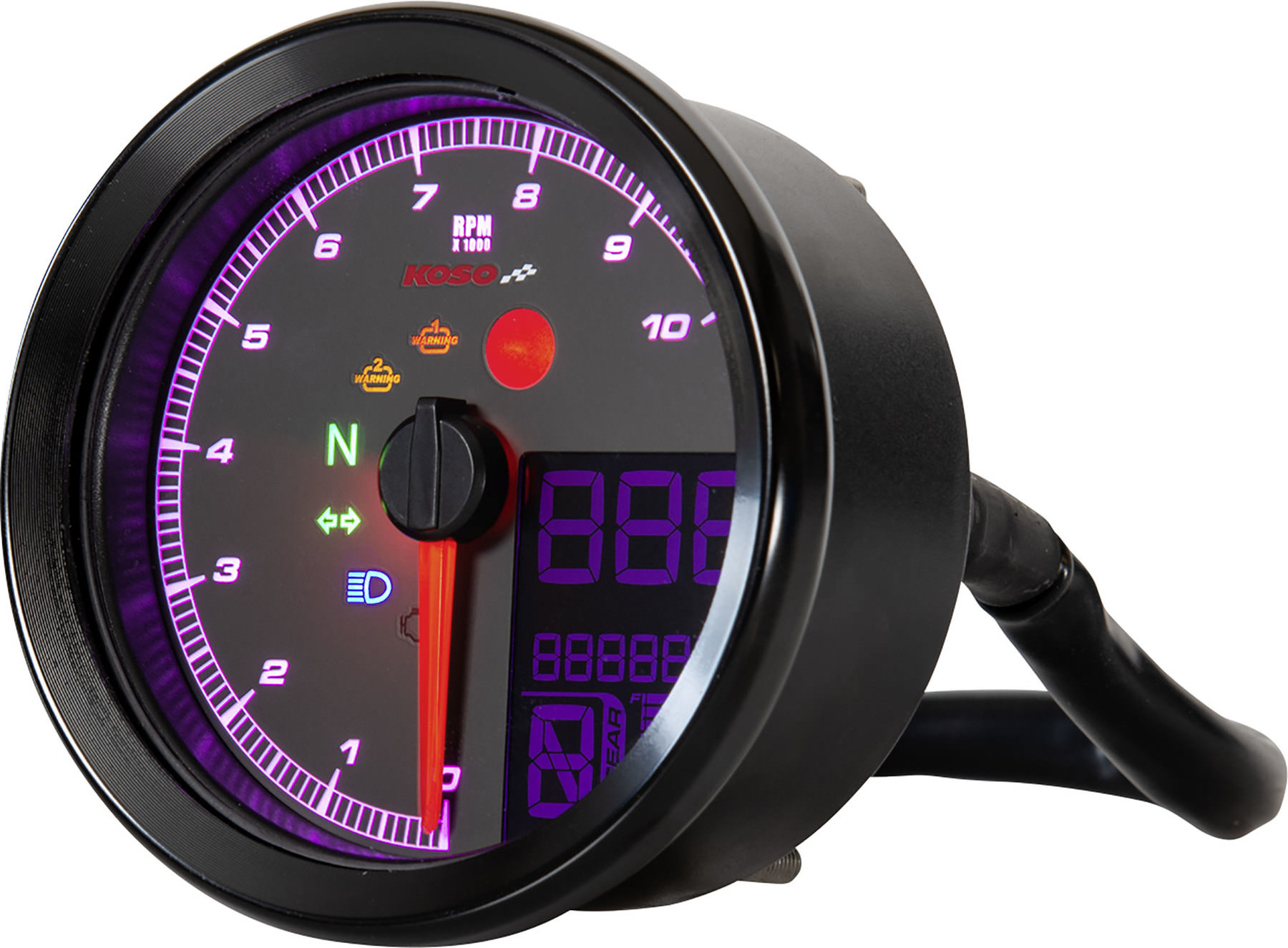
Koso KOSO TNT04 BLACK MULTIFUNCTION INSTRUMENT
"こちら (Kochira)" refers to over here but can also be used to refer to me, Myself. "こそ (Koso)", refers to for sure and can be used to place emphasis on the preceding word. When the words are put together, it would mean "(Surely it should be me) It is I, who should say so" and can often be used when someone thanks you for.
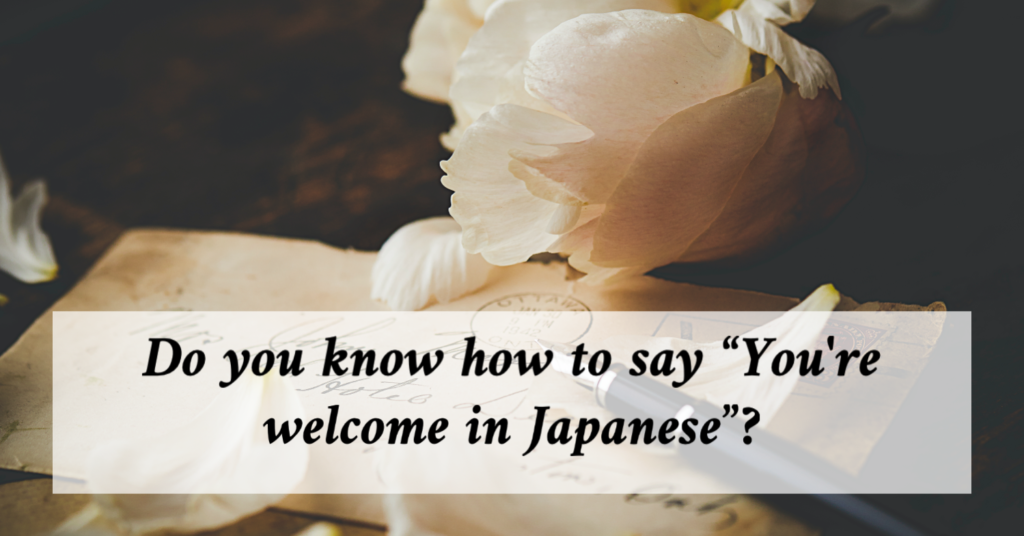
15 Ways to Express Thank You in Japanese EDOPEN Japan
どうもありがとう。 Domo arigato. Thank you very much. Domo arigato (sometimes transcribed in "Doumo arigatou") is a way of saying "Thank you very much" in Japanese. The combination of Domo with Arigato has the effect of reinforcing the power of your thanks. Arigato gozaimasu, a formal thank you ありがとうございます。 Arigato gozaimasu. Thank you.

R's KOSO Japanese Prebiotic Drink (474ml / 16oz) * 12 bottles
You can use this phrase in response to someone asking what you think about a matter, and it essentially means "You tell me first". Another common phrase is when you add "koso" after "dakara" ("that is why") to end up with "dakara koso".

오네가이시마스 요로시쿠, 무슨 뜻인가요?
29/11/2020 14/02/2021. よろしくおねがいします(Yoroshiku onegaishimasu)is probably the phrase that you learn at the very beginning of your Japanese study as self-introduction. Your teacher might tell you that よろしく means "nice to meet you", which is partly right. But when you carefully listen to Japanese people's.

KOSO Our Creativity is Our Pride. Nihon KOSO has grown to now
Hiragana: こちらこそ. Katakana: コチラコソ. Romaji: kochira koso. English Meaning: Likewise!, (It's nice to meet) you too!, The pleasure is/was mine! Learn Japanese and other languages online with our audio flashcard system and various exercises, such as multiple choice tests, writing exercises, games and listening exercises.

Usos de KOCHIRA KOSO こちらこそ JLPT N5 Curso NOKEN YouTube
you could add kochira koso / こちらこそ. in front of yoroshiku onegaishimasu. / よろしくおねがいします。 This magical kochira koso means, "I'm the one that should really be saying that. So, kochira koso yoroshiku onegai shimasu would basically mean, "I'm the one who should be askingyou for kindness." (笑) *lol*

Cómo se usa KOSO como en KOCHIRA KOSO JLPT N3 Curso NOKEN YouTube
1. どういたしまして (Douitashimashite) If you've ever taken a Japanese class, this is probably the phrase that you learned. "どういたしまして" (Douitashi mashite) is translated most often to "y ou're welcome." It's a great phrase to use with your friends, family, and peers.

KoSo
1. Dou Itashimashite - You're Welcome (formal) This is the standard reply that Japanese textbooks teach you to use when someone says "Arigato" or "Arigato gozaimasu". Dou itashimashite (どう致しまして or どういたしまして) means " You are welcome ", " Don't mention it ", " Not at all ", or " My pleasure ".
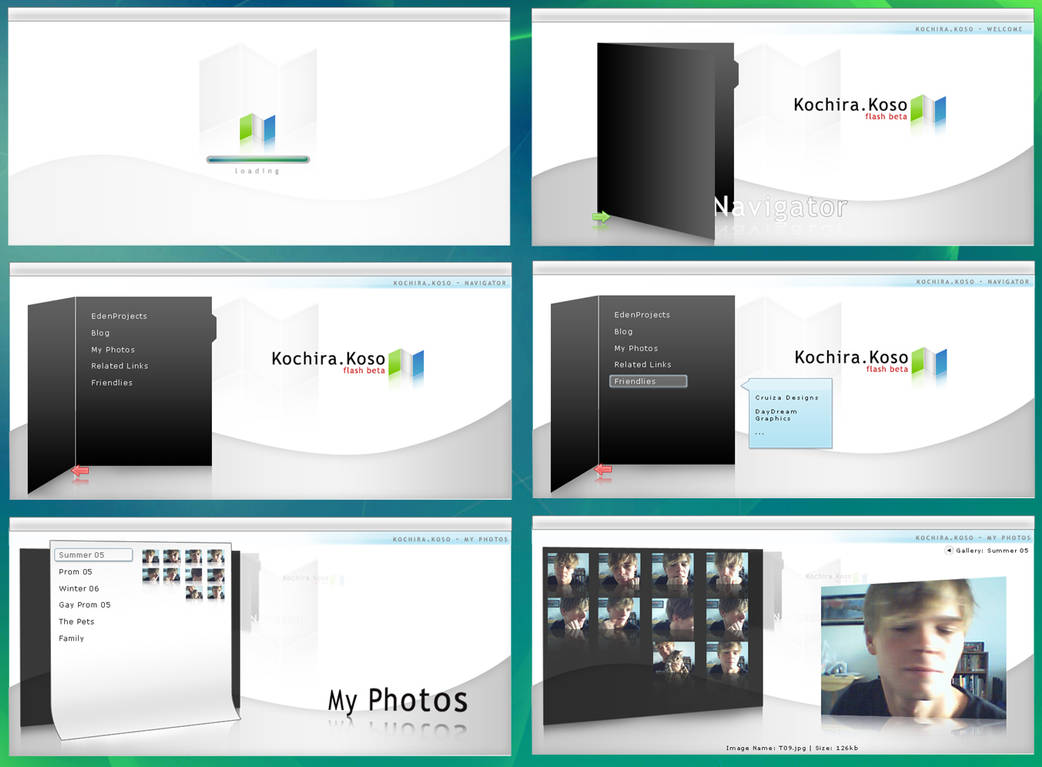
Kochira Koso Flash Beta Prev 2 by edenprojects on DeviantArt
こちらこそ • ( kochira koso ) (used as a response) I'm the one that should really be saying that. literally: this way, for sure; as in the thanks/apology should really be going this way (your way) A: 「 どうも ありがとう 。 」 B: 「 こちらこそ 。 」 A: "Dōmo arigatō." B: " Kochira koso ." A: "Thank you very much." B: "No, thank you ." A: 「 ごめんなさい 。 」 B: 「いいえ、 こちらこそ 。

อ่าน Kochira Isekai de yoroshikatta deshou ka? ตอนที่ 0 0 TH แปลไทย
Kochira koso has a meaning of 'I should be the one thanking you' or politely saying 'right back at you!'. People often say Kochira koso arigatou gozaimasu, which translates to 'Thank you too' but the actual meaning is my pleasure. Tonde mo gozaimasen. とんでもございません. I feel sorry that you thanked me
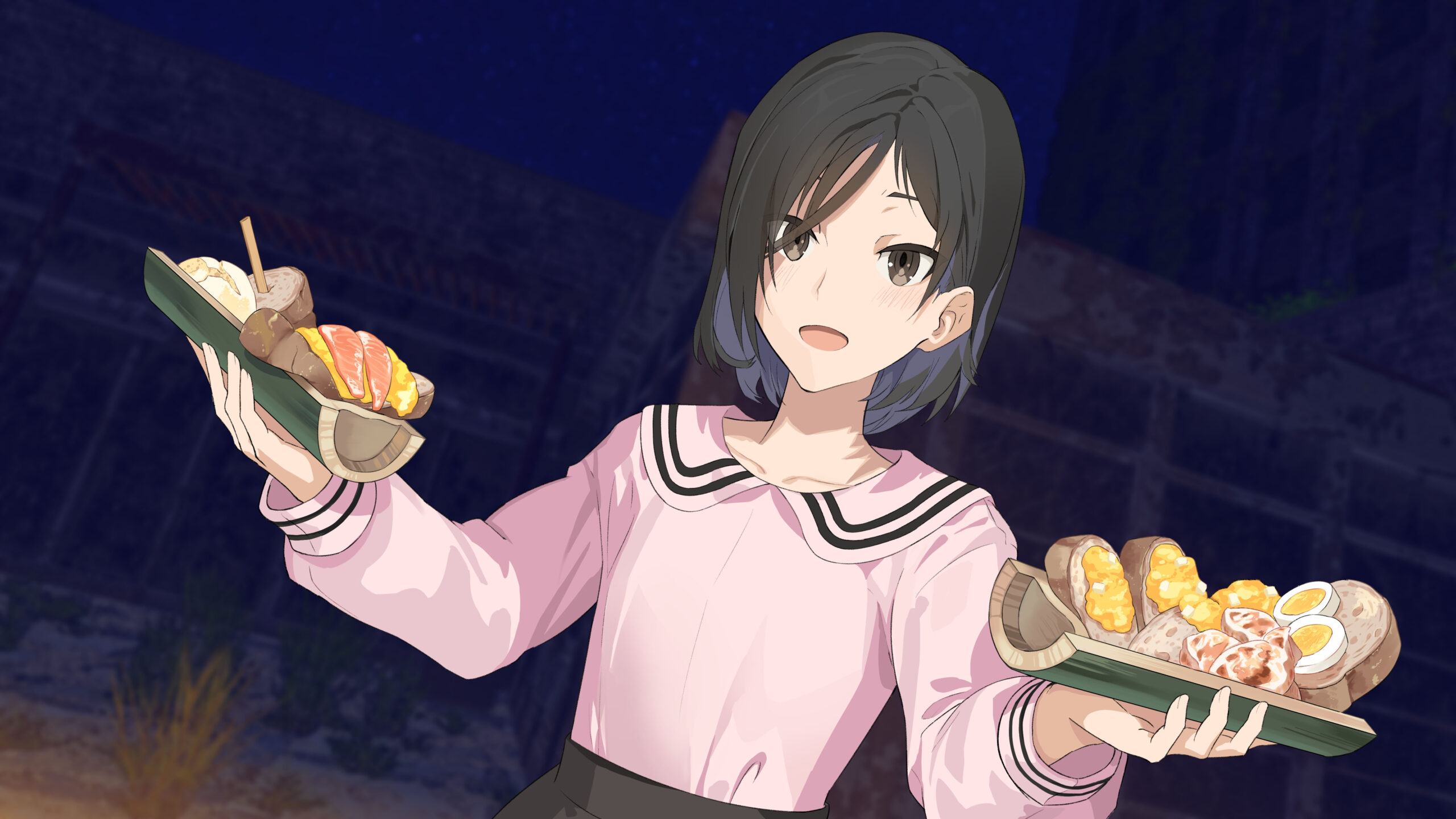
La visual novel ‘Kochira, Haha Naru Hoshi Yori’ nos presenta sus
Kochira koso yoroshiku onegaishimasu O ai dekite ureshii desu O ai dekite kouei desu O me ni kakate kouei desu Don't forget to bow! Common ways to say nice to meet you in Japanese Hajimemashite はじめまして Nice to meet you Hajimemashite, which can be written 初めまして or はじめまして, is the standard phrase that Japanese people say when they first meet someone.
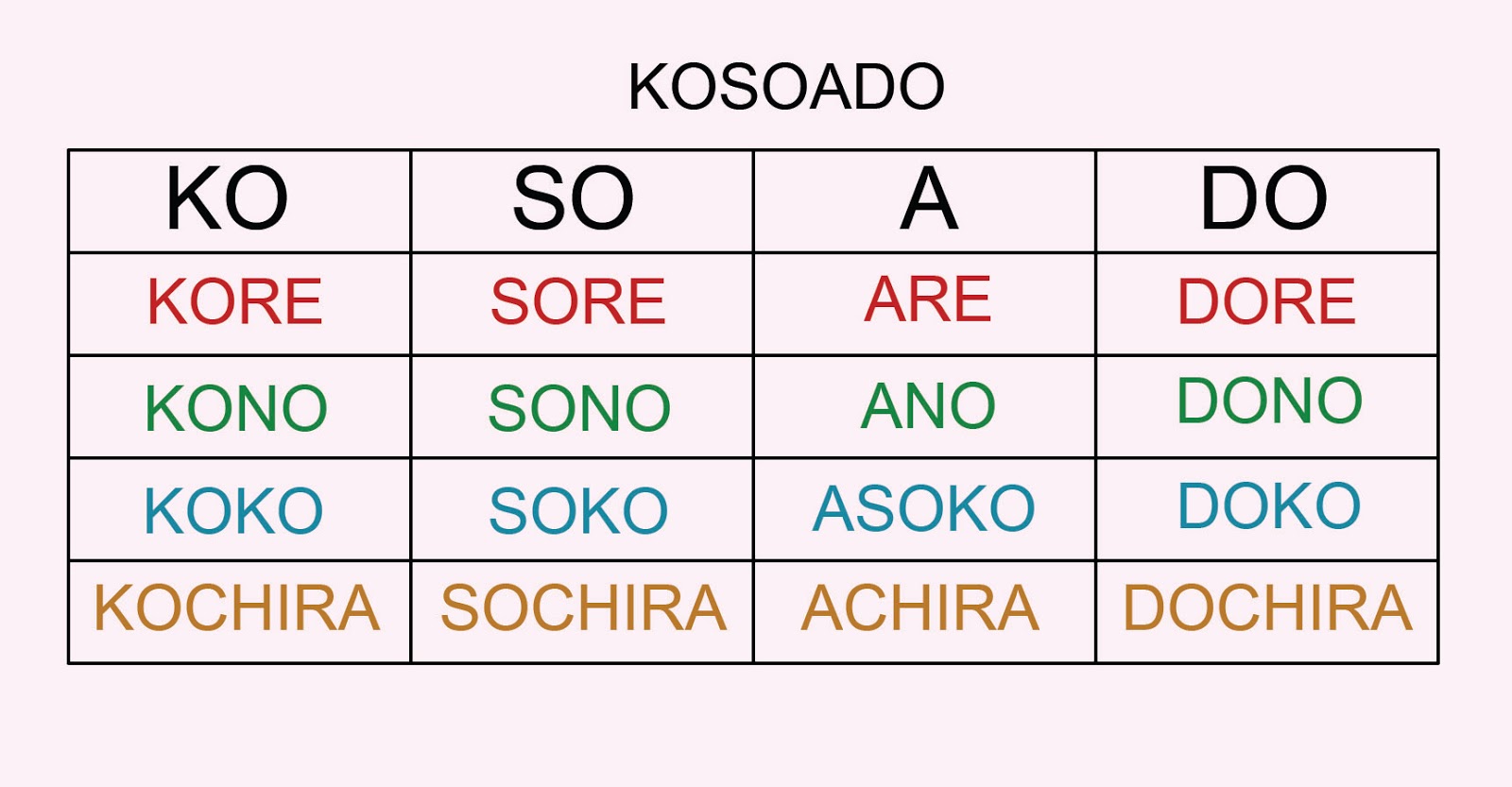
HIKARIU
Native speakers say "kochira koso" to mean 'thank you, too', 'you, too', 'me, too', 'my pleasure, too', or such in Japanese. Perhaps, some Japanese learners know this phrase as it is sometimes used in Japanese conversations. In this blog post, however, I will explain it in detail based on its grammatical components.
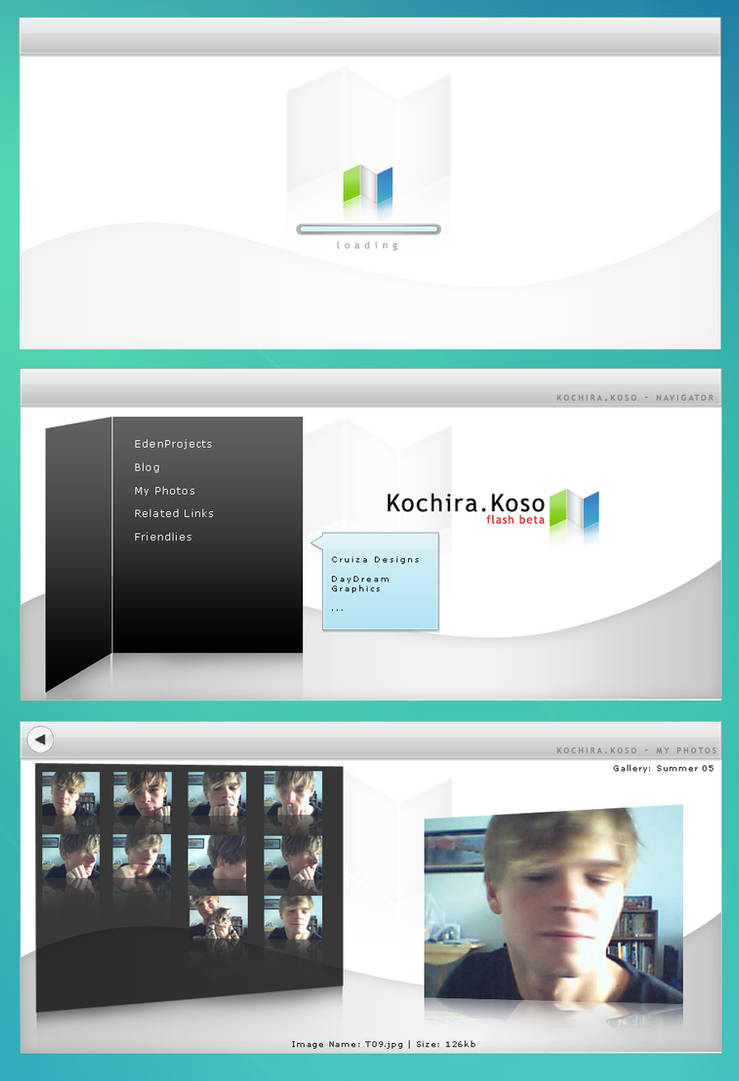
Kochira Koso Flash Beta Prev by edenprojects on DeviantArt
こちらこそ (kochira koso) どうぞ よろしく おねがいします (douzo yoroshiku onegaishimasu) わたしはたなかです (watashi wa tanaka desu) The meanings are: The pleasure is all mine. I am pleased to meet you. (Literally the meaning for this sentence is "Please form good relations with me" or "Please take good care of me") My name is Tanaka.